
Read or listen offline
Recommendation
The “superstar” model of income distribution – in which the extremely talented (or the very lucky or well-connected) take most of the profits from increased productivity – garners a lot of discussion. But economists Josh Bivens and Hillary Wething explore an intriguing new perspective: income inequity as a private tax the rich impose on everyone else. Bivens and Wething consider how cutting this tax makes it possible to bolster the middle class, counteract austerity and reduce deficits. getAbstract recommends this concise and accessible paper for its alternative views on how to improve the lot of the ordinary many in competition with the extraordinary few.
Take-Aways
About the Authors
Josh Bivens is director of research and policy at the Economic Policy Institute, where Hilary Wething is a senior research assistant.









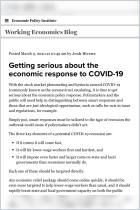
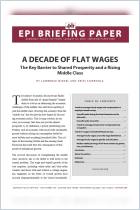
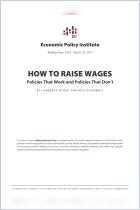
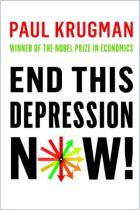
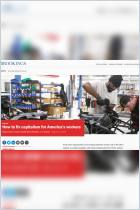
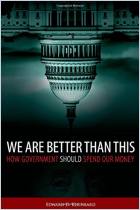
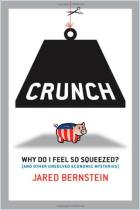


Comment on this summary or 开始讨论